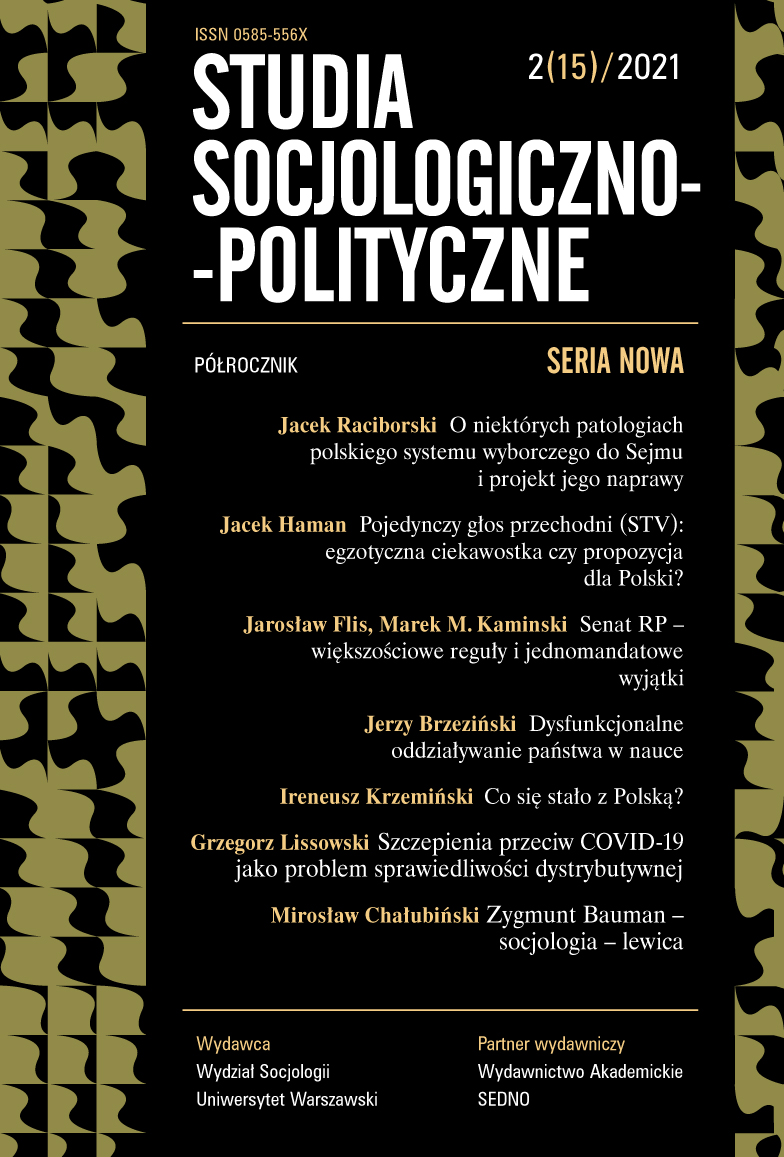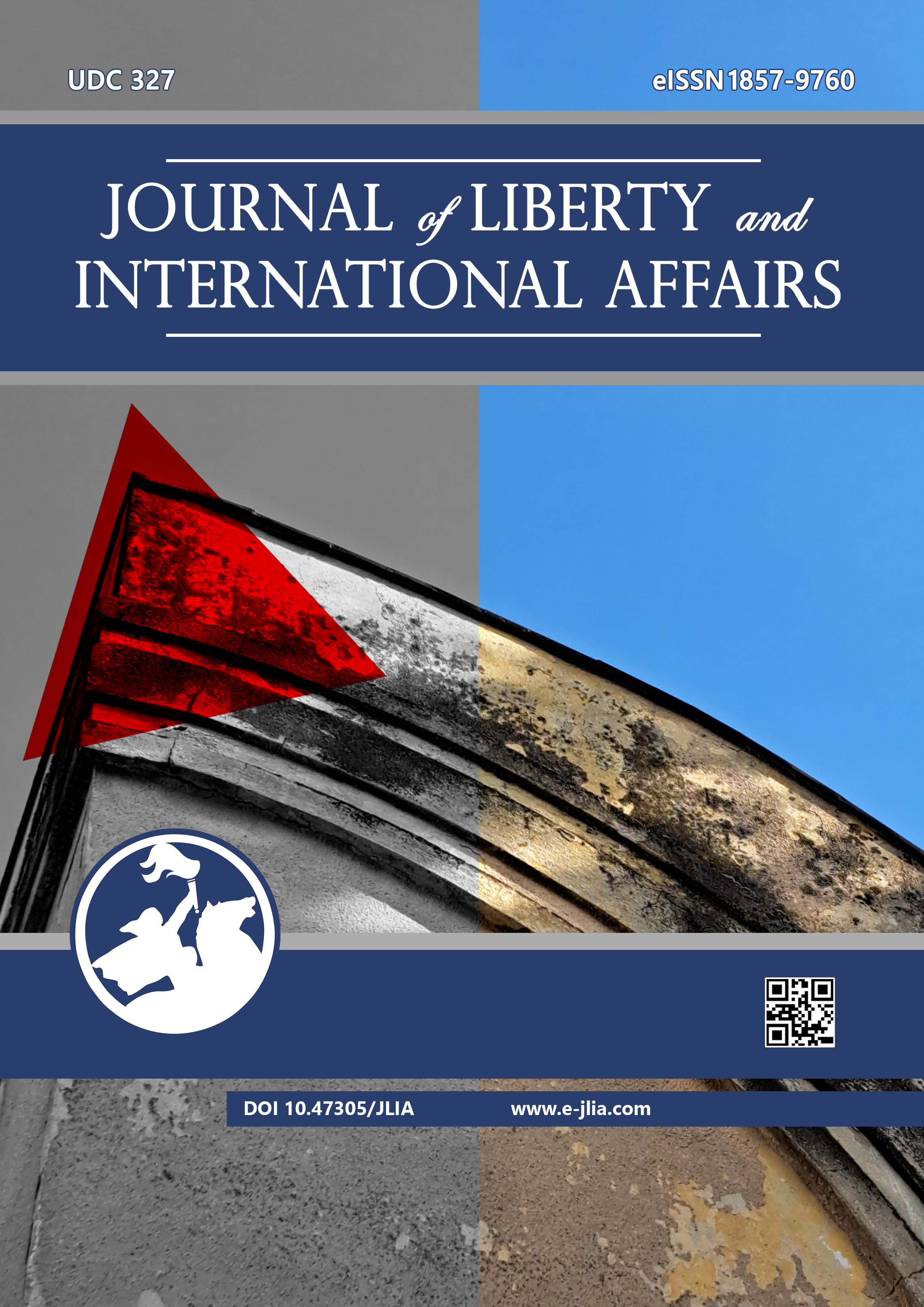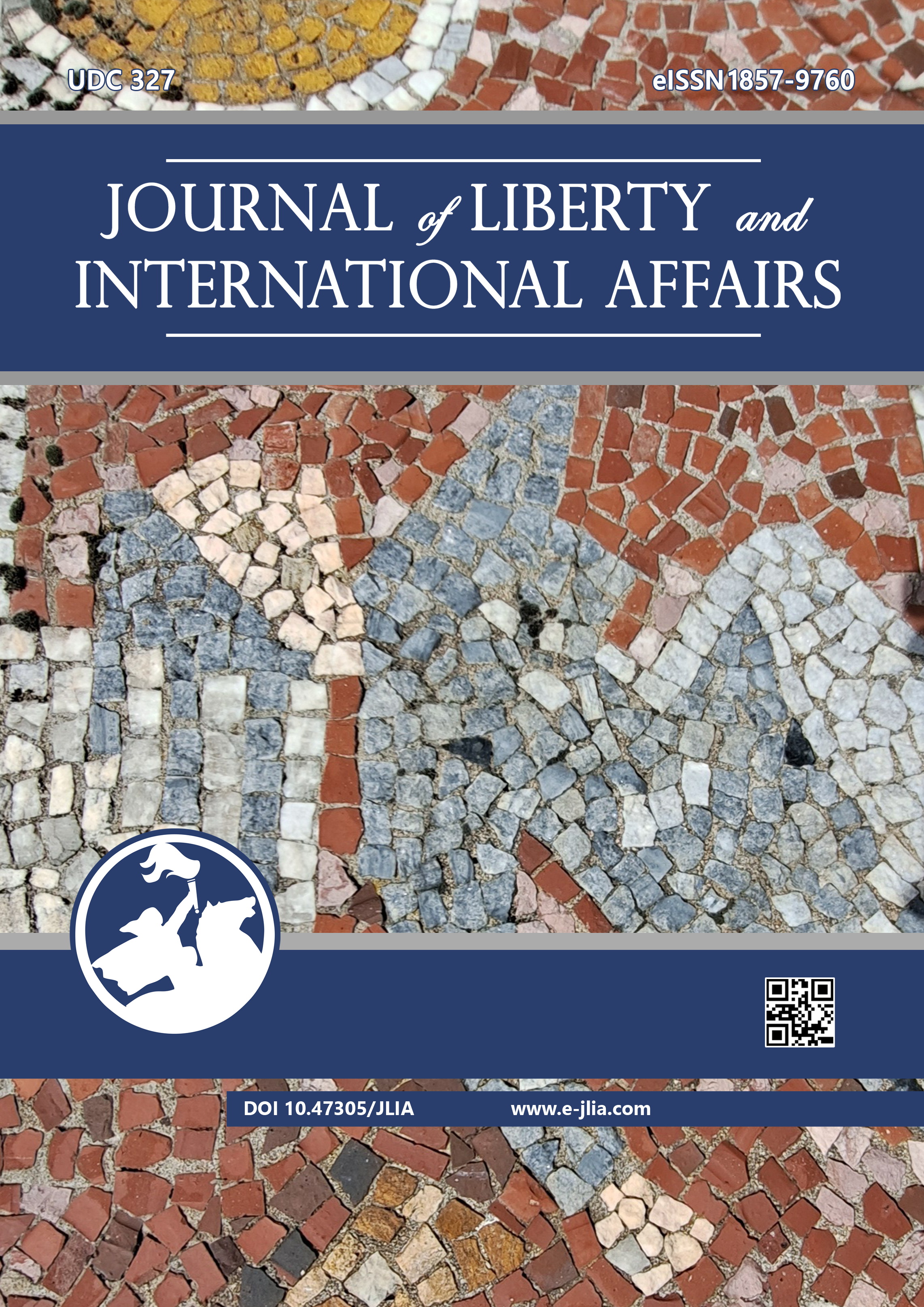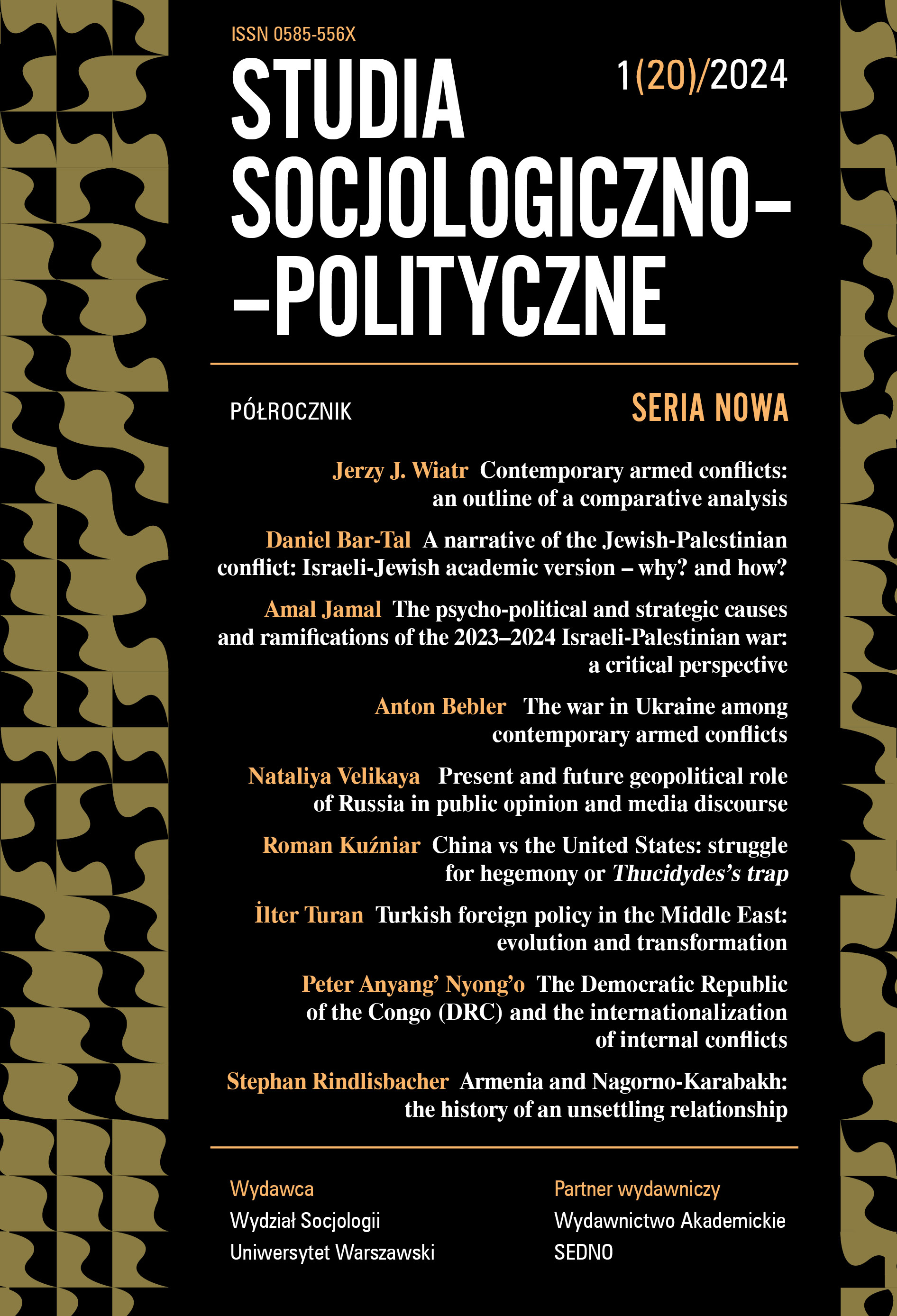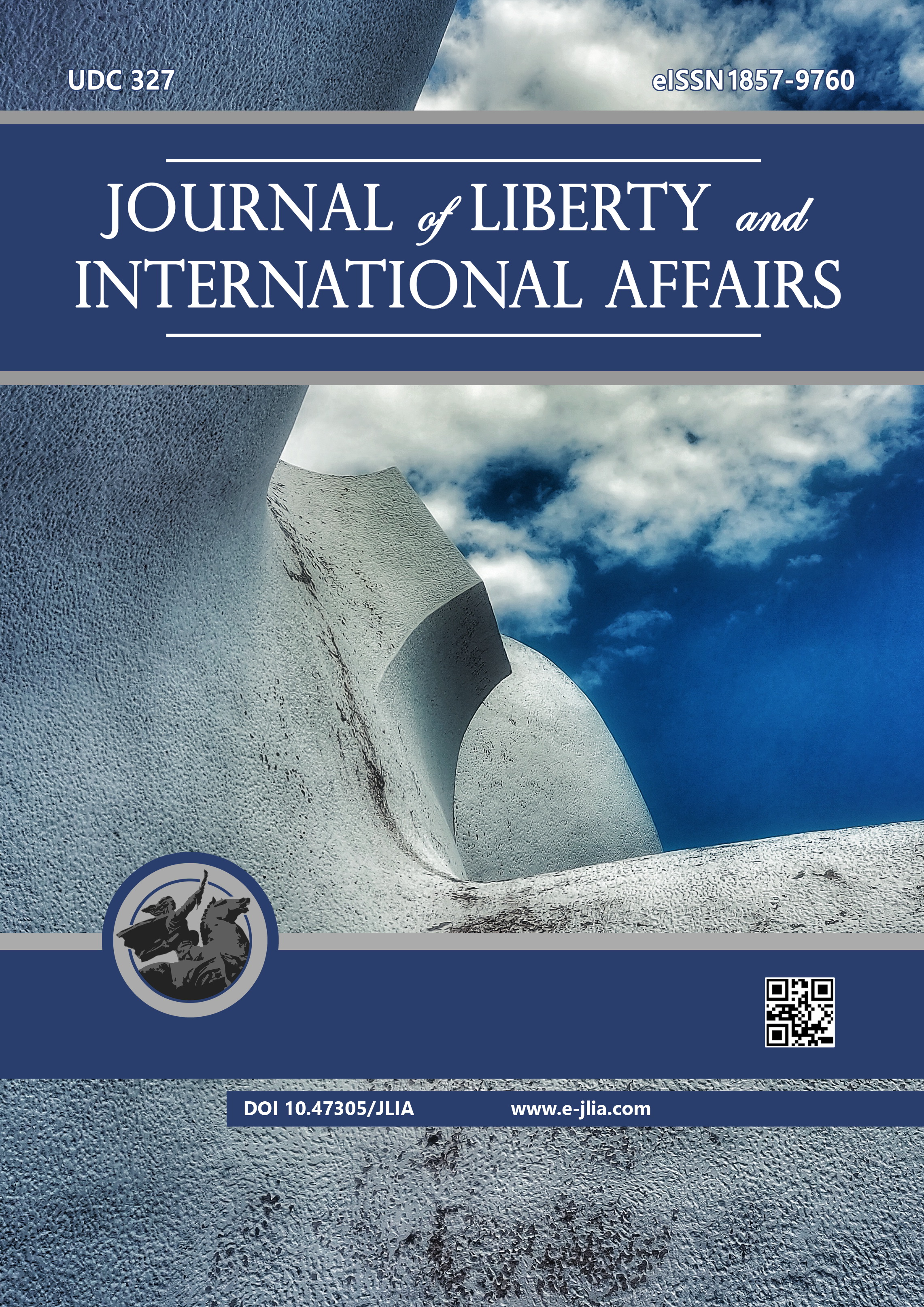
THE ROLE OF TURKIYE IN THE BLACK SEA AND THE RUSSO-UKRAINIAN WAR: A SHORT OVERVIEW
After the end of the Cold War, the new conjuncture that appeared in the region of the Black Sea turned into an important place on the international scene. During the Russian invasion of Ukraine in 2022, Turkish diplomacy played a significant role in this region and international relations based on its new ‘active neutrality’ strategy. Turkiye's extensive efforts at a ceasefire through implementing the mediatory role between Russia and Ukraine were its more significant diplomatic endeavors throughout the war. Simultaneously, one of the more critical segments that marked the Ukrainian resistance against invasion is the success of the Turkish armed drone Bayraktar TB2. Turkiye plays a vital role in the so-called ‘grain corridor’ function with the aim of activization of Ukrainian export of grain and mitigating the world’s grain crises.
More...

